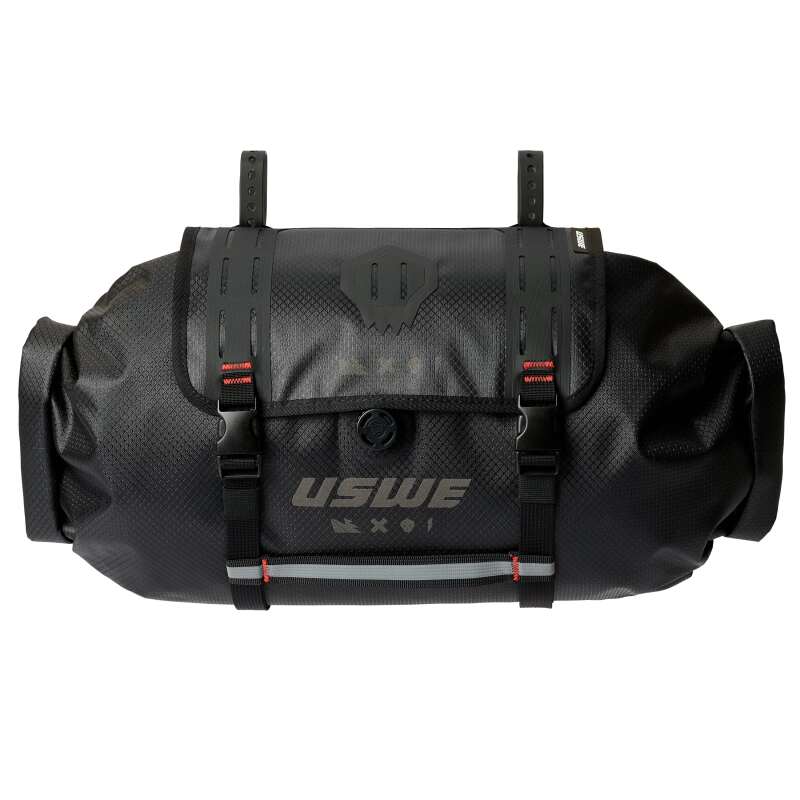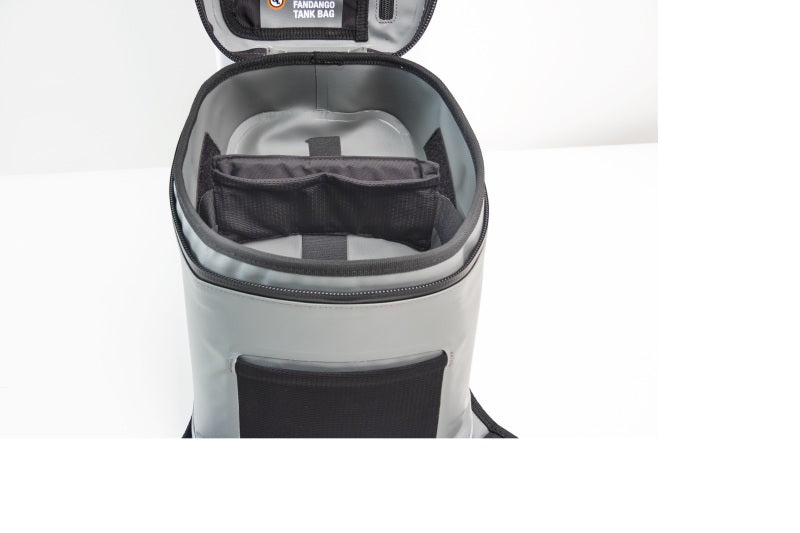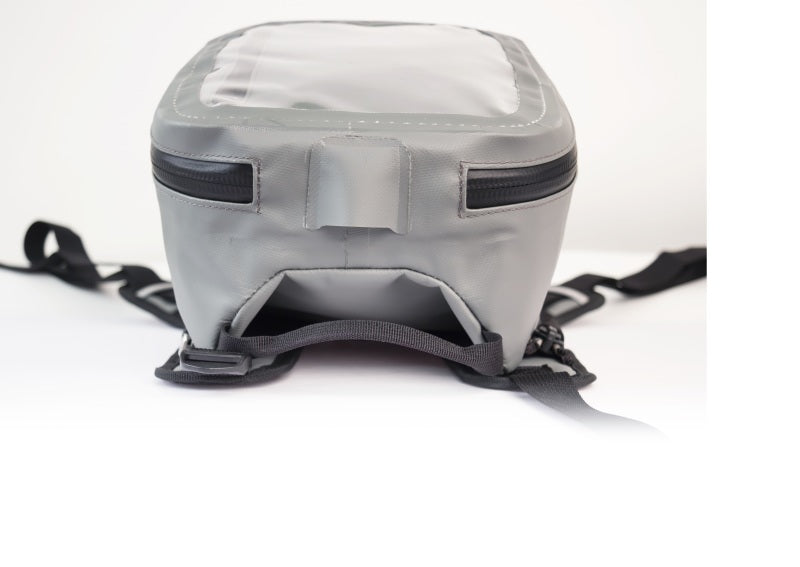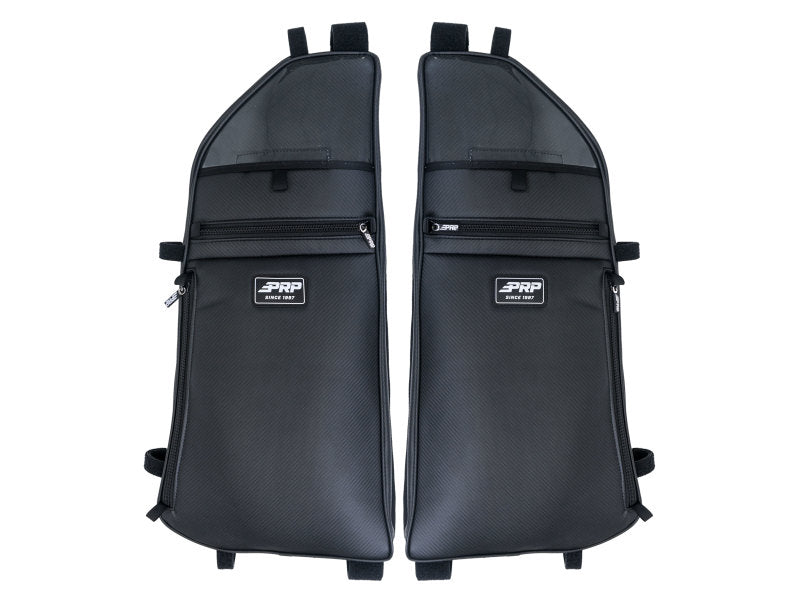Yes, a damaged air filter can cause your Check Engine light to come on. Your air filter acts as a guard, ensuring only clean air enters your engine. When it's clogged or dirty, it restricts airflow, leading to poor engine performance and possibly triggering the Check Engine light. This occurs because a contaminated filter affects the air-to-fuel ratio, causing inefficient combustion. To avoid this, regularly check and replace your air filter every 12,000 to 15,000 miles. Doing so prevents restricted airflow and keeps your engine running smoothly. By maintaining your air filter, you'll avoid unnecessary triggers of the Check Engine light and find more about keeping your car in top condition.
Key Takeaways
- A clogged air filter restricts airflow, impacting engine performance and potentially triggering the Check Engine light.
- Dirty filters disrupt the air/fuel mixture, leading to incomplete combustion and the activation of the Check Engine light.
- Accumulation of dirt can cause engine misfires, a common reason for the Check Engine light to come on.
- Regular replacement of the air filter, every 12,000 to 15,000 miles, can prevent Check Engine light issues related to air filtration.
- Premium Guard filters are designed to provide up to 12,000 miles of protection, ensuring efficient engine function and preventing Check Engine light triggers.
Understanding Air Filter Function
Your car's AIR FILTER serves as a vital barrier, keeping dirt out and allowing only clean air to enter the engine.
When this filter becomes clogged, it disrupts engine airflow, which is essential for maintaining peak performance.
A Dirty Air Filter Affects your vehicle by restricting the amount of air that reaches the engine, leading to Incomplete combustion.
This not only diminishes your car's efficiency but can also trigger the Check Engine light, signaling an issue that requires immediate attention.
To prevent such problems, regular maintenance of your air filter is indispensable.
Ensuring that your filter isn't clogged and is in good condition helps maintain engine airflow, prevents the activation of the Check Engine light, and supports the overall health of your vehicle.
Symptoms of a Contaminated Air Filter
When your car's air filter is contaminated, it may lead to noticeable symptoms like reduced engine performance and increased fuel consumption. A dirty or clogged air filter restricts airflow to the engine, causing it to work harder than necessary. This lack of air can lead to a rich fuel mixture, which not only compromises fuel economy but also affects your vehicle's acceleration and power.
You might experience rough idling as the engine struggles to draw in sufficient air, further indicating a contaminated air filter. Regular checks and upkeep are important to prevent these issues, ensuring peak engine performance and preventing potential problems that could cause the engine light to come on due to restricted airflow and the subsequent impact on the engine's operation.
Air Filter Damage and Engine Light
Although it may seem essential, a damaged air filter can indeed trigger your Check Engine light to come on, signaling potential air intake issues. Contaminated air filters restrict airflow to the engine, possibly causing a rich air/fuel mixture. This abnormality may activate the Check Engine light due to unusual oxygen levels detected by the oxygen sensor.
Dirt accumulation can disrupt proper combustion, leading to engine misfires and, consequently, the illumination of the Check Engine light. Turbocharged engines, in particular, are sensitive to clogged air filters affecting boost pressure.
To prevent these issues, it's important to regularly replace your air filter, ensuring your engine functions efficiently and avoiding the dreaded Check Engine light.
Regular Maintenance Tips
Understanding the impact of a damaged air filter on your vehicle's performance leads naturally to the importance of regular maintenance tips. To sidestep the frustration of a check engine light due to restricted airflow, it's essential to adhere to proper maintenance schedules.
Replacing your air filter every 12,000 to 15,000 miles isn't just a recommendation—it's a necessity for engine protection. Opting for quality air filters like Premium Guard can offer your engine up to 12,000 miles of defense against dust and harmful particles.
This simple yet effective routine not only guarantees excellent vehicle performance but also acts as a preventative measure against potential engine problems. Remember, investing in regular air filter maintenance is more cost-effective than facing expensive engine repairs down the line. Prioritize your engine's health to prevent potential problems and maintain your vehicle's longevity.
Replacing Your Air Filter
To guarantee your vehicle's engine maintains its top performance, it's important to replace your air filter every 12,000 to 15,000 miles. Contaminated filters restrict airflow, altering the air/fuel mixture, which can trigger the Check Engine light. Opt for Premium Guard air filters, designed to offer superior protection up to 12,000 miles against harmful particles, ensuring your engine runs smoothly.
| Benefit | Description |
|---|---|
| Enhanced Performance | Maintains ideal airflow, improving engine efficiency. |
| Check Engine Light Prevention | Avoids contamination-related triggers. |
| Cost-effective | Small investment, avoiding costly engine repairs. |
| Premium Protection | Premium Guard filters provide up to 12,000 miles of clean air. |
Investing in a clean air filter is a proactive step towards maintaining engine performance and preventing Check Engine light issues.
Preventing Future Issues
By consistently maintaining your air filter, you'll guarantee future engine problems are prevented and your vehicle runs smoothly. A dirty and clogged air filter can restrict the appropriate amount of air from reaching your vehicle's engine, leading to potential causes like a rich air/fuel mixture which can activate the check engine light.
To master the art of prevention, consider these strategies:
- Invest in top-notch air filters to ensure maximum airflow.
- Follow the manufacturer's recommended replacement intervals for peak performance.
- Regularly examine the air filter for signs of contamination or wear.
- Recognize the indicators of a failing air filter, such as reduced fuel efficiency and engine misfires, to preempt check engine light issues.
- Replacing the air filter when necessary helps maintain engine control and prevents future complications.
Frequently Asked Questions
Can a Bad Air Filter Cause Check Engine Light?
Yes, a bad air filter can lead to engine misfires, reduced fuel efficiency, and acceleration issues. It may also cause unusual noises, fail emission tests, block airflow, and contaminate spark plugs, triggering the check engine light.
How Long Does It Take for Check Engine Light to Go off After Replacing Air Filter?
After replacing your air filter, it may take a few driving cycles for the check engine light to reset. This allows the ECU to reevaluate engine performance, ensuring improved fuel efficiency and emission levels.
What Are Symptoms of a Bad Air Filter?
If you're experiencing decreased acceleration, engine misfires, unusual noises, poor fuel economy, black smoke, rough idling, hard starting, or increased emissions, it's likely you've got a bad air filter needing immediate attention.
Can an Air Intake Cause a Check Engine Light?
Yes, air intake issues, like airflow restriction, can cause your check engine light to come on. Performance issues, fuel inefficiency, emission problems, and engine misfires due to sensor malfunctions or maintenance neglect might trigger it.





